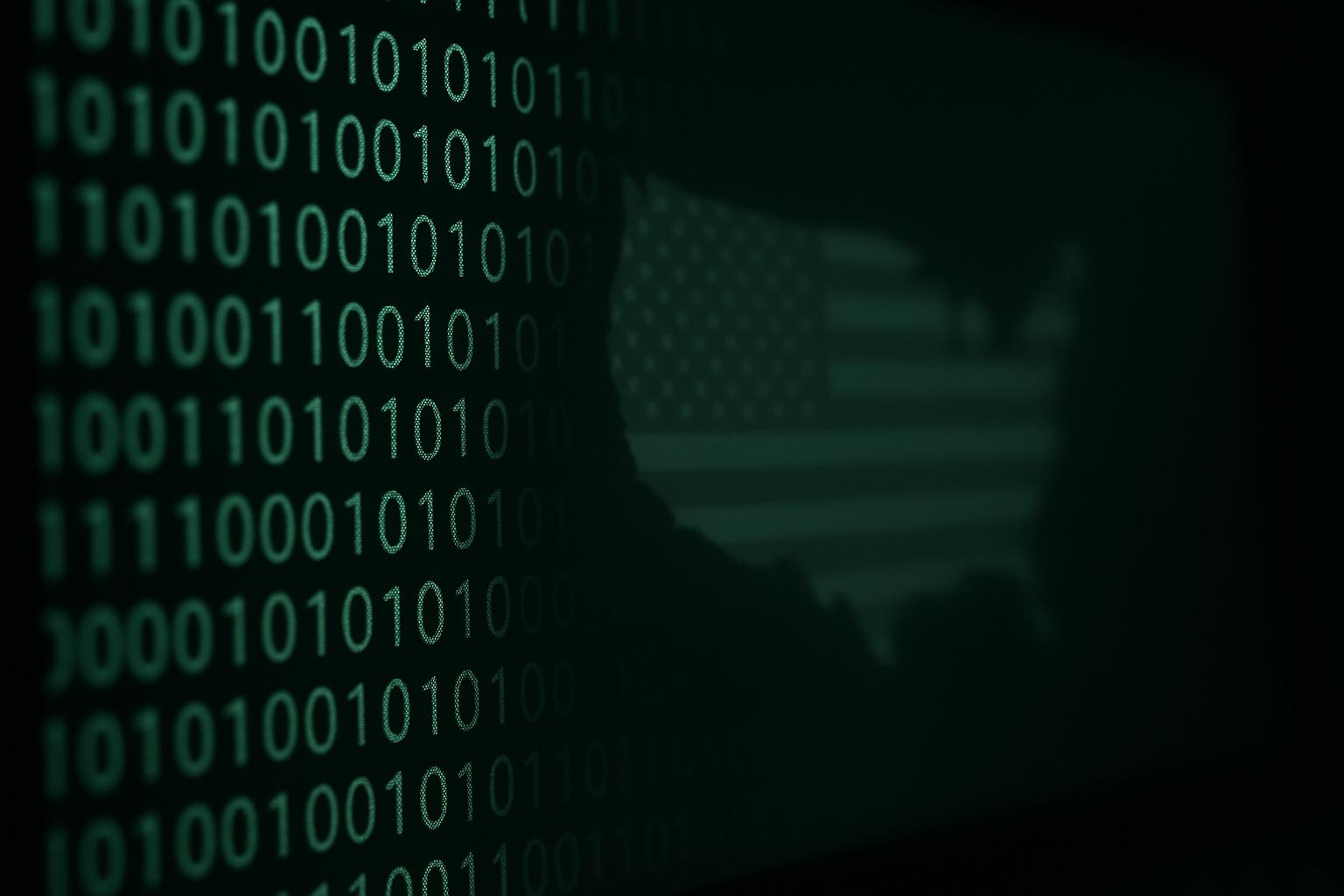The UK is facing an unprecedented surge in cyber threats, with state-sponsored hacking groups from China, Russia, Iran, and North Korea identified as significant contributors to a rising tide of serious online attacks. According to the National Cyber Security Centre (NCSC), a branch of GCHQ, there has been a 50% increase in "highly significant" cyber incidents in the year leading up to August 2025, marking a record escalation in both the number and severity of attacks. These incidents have targeted prominent British firms such as Marks and Spencer, Co-op, and Jaguar Land Rover, with the latter suffering estimated losses of around £50 million per week during a prolonged shutdown caused by cyber disruptions.
The NCSC's annual review paints a stark picture of the evolving cyber threat landscape. It highlights China's role as a "highly sophisticated and capable threat actor" targeting a broad spectrum of sectors globally, including those within the UK. Russia is described as a "capable and irresponsible threat actor," with additional pro-Moscow “hacktivist” groups operating independently but aiming to retaliate against Western support for Ukraine and Israel. Iran, while historically more active in the Middle East, is now assessed as having a growing potential to target UK entities, spurred by increased warnings from US authorities about Tehran-linked attacks on critical infrastructure. North Korea’s efforts continue largely to raise revenue and conduct intelligence operations, with undercover operatives allegedly posing as freelance IT workers to infiltrate UK firms.
This surge in activity has forced the NCSC to respond to 429 incidents in the latest reporting period, with nearly half classified as nationally significant. Of these, 18 were considered "highly significant," defined by their profound impact on government functions, essential services, economic stability, or broad segments of the UK population. The Centre's director, Richard Horne, has strongly urged businesses, especially across the FTSE 350 companies and their supply chains, to urgently bolster their cyber defences. He warns that the gap between the escalating cyber threat and the UK's overall resilience is widening, stating, "The time to act is now."
Notably, these adversaries are increasingly leveraging artificial intelligence to enhance their attacks, employing large language models for evasion, social engineering, data processing, and vulnerability development. Microsoft's collaboration with OpenAI has revealed early but concerning use of generative AI by state-aligned groups from the aforementioned countries to increase their offensive capabilities, including phishing and reconnaissance. Security experts are warning of the looming risks posed by more sophisticated AI-enabled attacks, such as deepfakes and voice cloning, which could become potent tools in cyber warfare if not properly mitigated.
The geopolitical dimension of these cyber threats intensifies as well. The NCSC's findings come amid heightened scrutiny of China’s influence in the UK, including controversies surrounding Beijing’s application to build a new embassy in London and a recent collapse of a spying case. Meanwhile, the UK’s intelligence chiefs are vocal about Russia’s reckless sabotage campaigns targeting critical infrastructure and escalating global tensions. Richard Moore, head of MI6, has emphasised the critical implications of Russia’s actions for both European security and transatlantic alliances, urging sustained support for Ukraine to prevent further destabilisation and the emboldening of other hostile states.
This complex cyber threat landscape demands a unified and proactive response. Industry leaders, government bodies, and security agencies are being called upon to prioritise comprehensive cyber defence strategies that not only contend with ransomware and criminal gangs but also the increasingly sophisticated and politically motivated operations of hostile nation-states. The NCSC’s annual report and the accompanying warnings from senior UK officials underscore the urgency of this evolving challenge, signalling a pressing need for heightened vigilance and resilience in the face of a rapidly intensifying cyber conflict environment.
📌 Reference Map:
- Paragraph 1 – [1], [2], [3]
- Paragraph 2 – [1], [2], [5]
- Paragraph 3 – [1], [4], [5]
- Paragraph 4 – [1], [4]
- Paragraph 5 – [1], [6], [7]
- Paragraph 6 – [1], [2], [3], [5], [6], [7]
Source: Noah Wire Services
